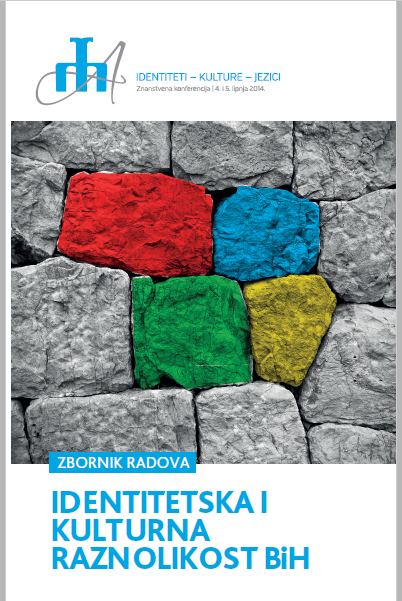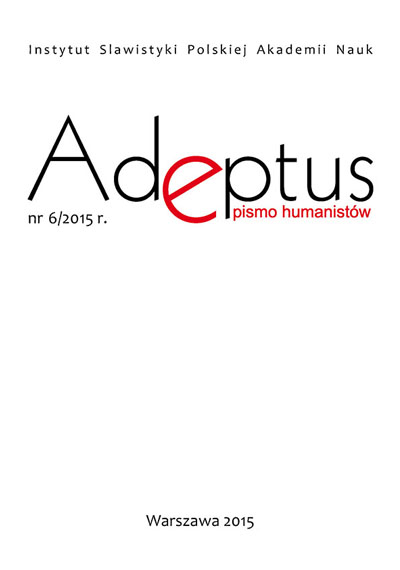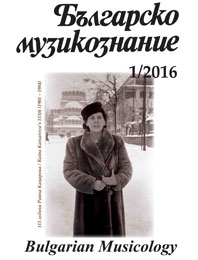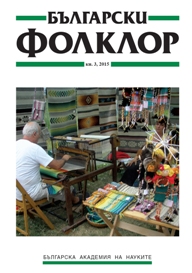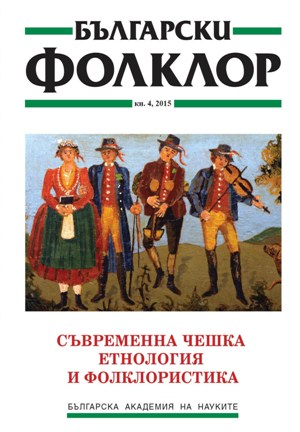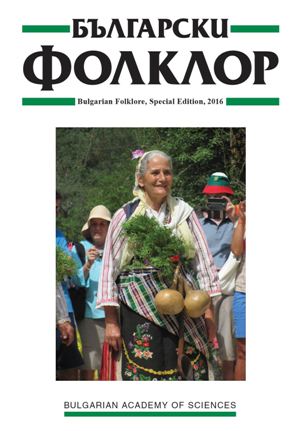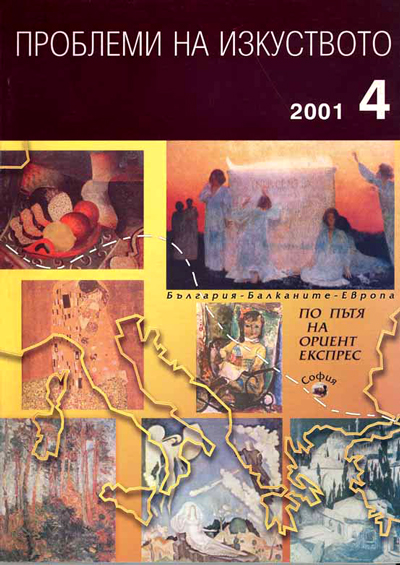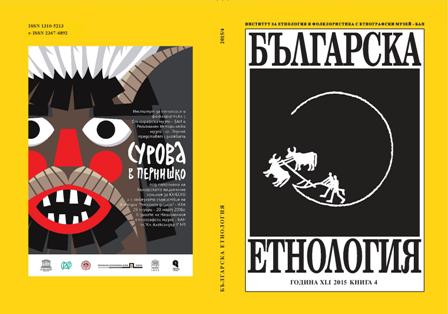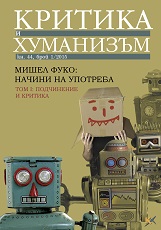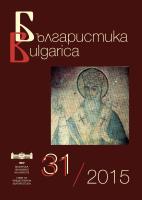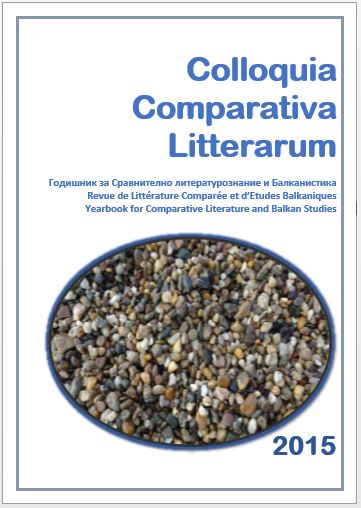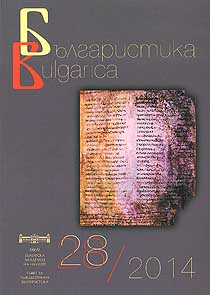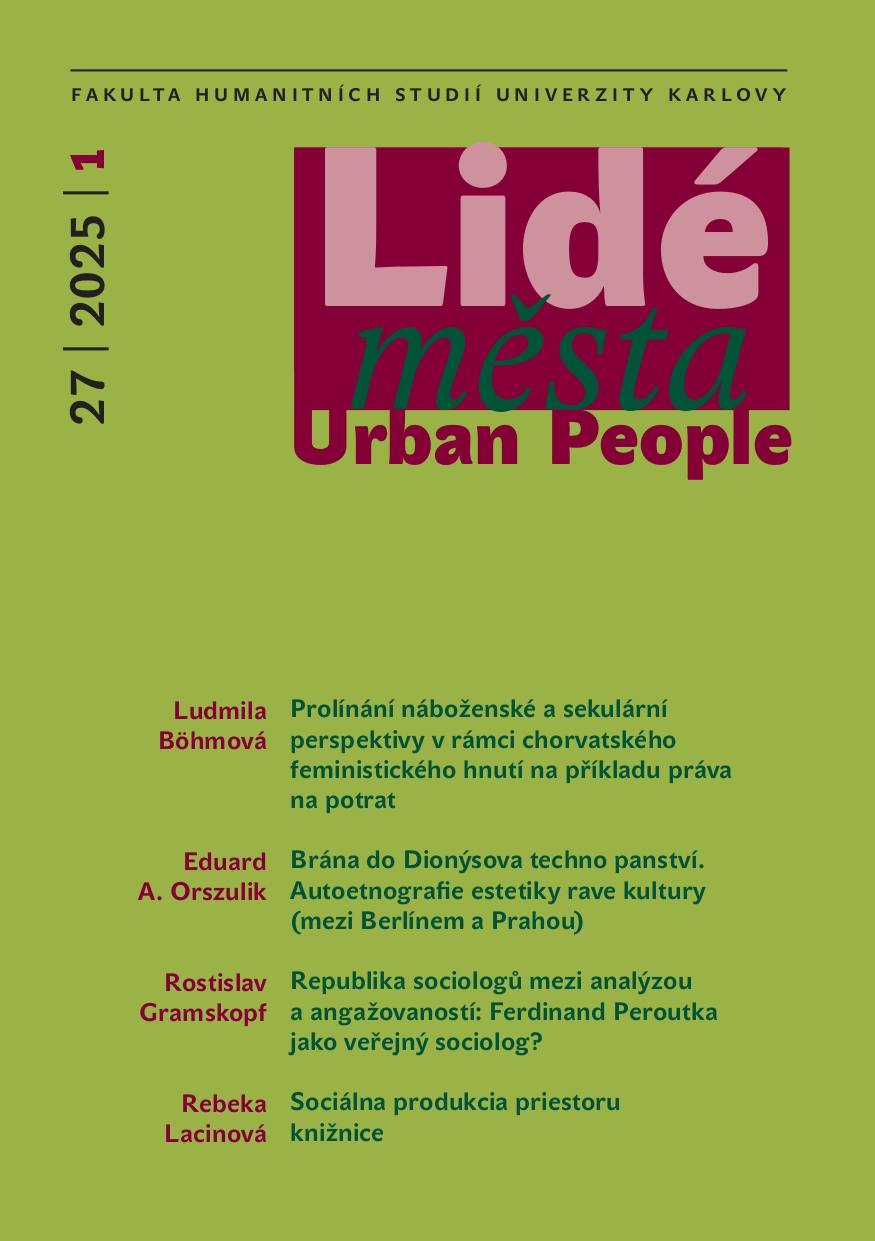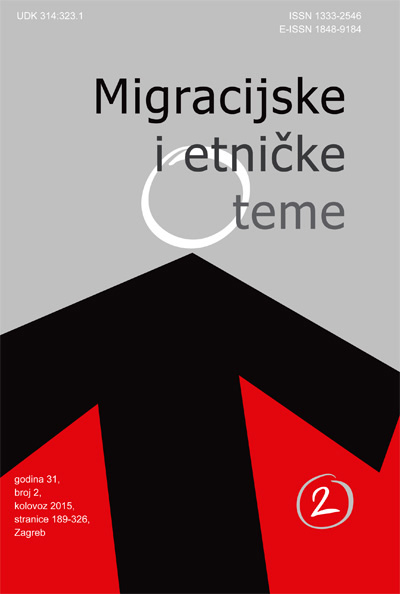
Stavovi građana centralnog dela Srbije prema uticaju doseljenika na tradiciju i kulturu njihove lokalne zajednice
There has been an increasing number of immigrants arriving to Serbia from various places ever since the end of the last century. It is primarily a forced displaced population from war affected territories in the 1990s who have still been living in Serbia even two decades after completion of the conflict and the relative normalization of relations. Furthermore, the number of asylum seekers and irregular migrants has also enormously increased. Since demographic forecasts and experiences of other former socialistic countries show that migration transition towards immigration is to be expected in the coming decades, especially with the formal EU membership, it seems there is a need for greater visibilisation of this phenomenon in order to be adequately prepared to face these challenges. The aim of this paper is to provide an overview of the geopolitical position of Serbia and lay down the long-term prospects regarding immigration as well as to shed light on the attitudes of Serbian citizens towards immigrants, especially when it comes to their influence on the local culture, customs and everyday life. The data presented and analysed were collected by field survey research carried out by the Institute for Sociological Research of the Faculty of Philosophy in Belgrade in 2013. Besides analysing attitudes of the local population concerning the influence of refugees, the authors also examine their opinion on the foreigners’ impact on culture and everyday life in local communities.
More...
